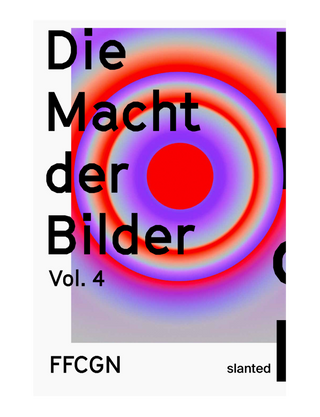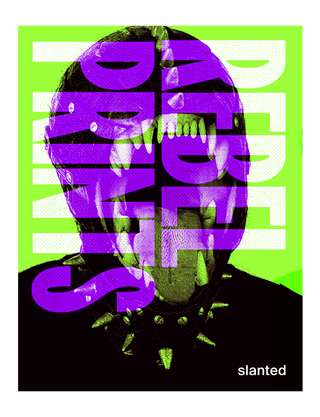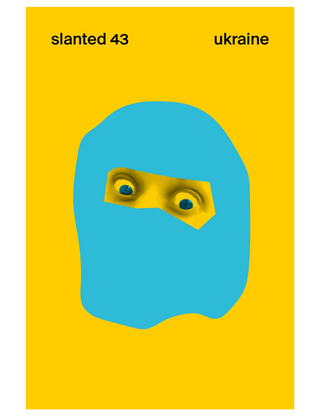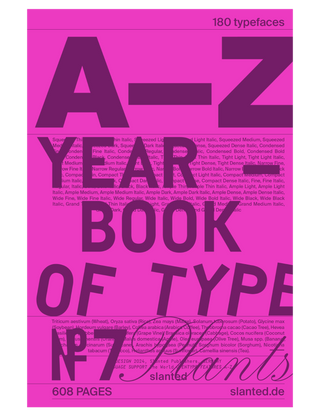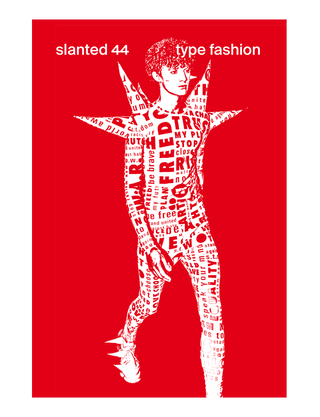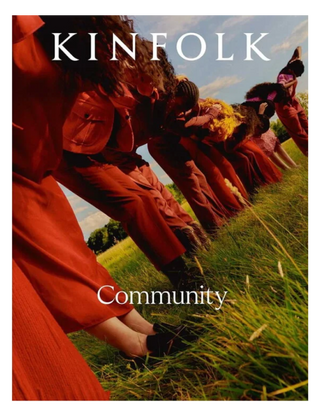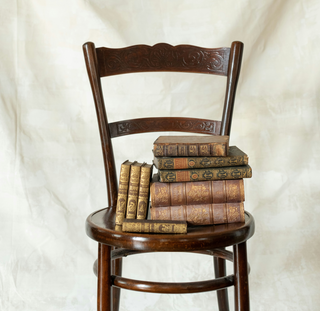If you appreciate monumental, meaningful literature that provokes reflection, seek a deeper understanding of the structure of our world, and are able to think critically, pay attention to our selection of the best history books . We deliberately did not focus on one specific topic, but chose the most popular works that will interest a wide audience and have already gained high popularity among readers. The information in these books is presented simply and accessible, so you do not need an academic degree to master them.
How do history books help us understand the past and influence the present?
Conscious reading of history books helps us to better understand the past, revealing the causes and consequences of events that shaped the modern world. They allow us to see how societies developed, what decisions led to change, how people responded to the challenges of their time, and what this led to both in the moment and in the future.
In addition, history teaches us to think critically and analyze information, allowing us to avoid the mistakes of the past. It shows how the ideas, conflicts, and achievements of past eras continue to influence modern society, helping us to better understand not only what happened, but also where we are headed.
How to choose interesting historical books?
First of all, determine what part of history interests you the most. Knowing the category will help you navigate the range more quickly. For example, you may be interested in a book about the history of a particular country or even region, a biography of a prominent figure, their memoirs, or a story about a specific event.
Next, research critical and reader reviews. Check the book's ratings, read reviews, and find out if the book has won any literary awards.
If you want to not only add to your home collection, but also decorate it, it is important to pay attention to the binding. This is especially important if you are choosing a book as a gift.
Top 15 best history books worth reading
To make it easier for you to choose a book, we have divided them into several categories based on interests.
Books about world history
- " World History : From Ancient Times to the Present ." The publication examines key aspects of history: the emergence of civilizations, the formation of states, scientific discoveries, technological progress, large-scale conflicts and revolutions. It offers new approaches to understanding historical processes, allowing readers to look at the past and present from a different perspective.
- "The Shortest History of Europe" . You will learn about the differences between ancient and medieval Europe, about how one civilization was able to conquer the world and survive after the collapse of empires.
- "The Shortest History of China ." Linda Yavin skillfully presents a concise yet rich overview of the country's millennia-long history in this book. She traces China's journey from its philosophical foundations to its modern political system, focusing on the impact of the COVID-19 pandemic and the prospects for China's potential dominance in the future.
- "After the War: A History of Europe since 1945" . Tony Judt has spent ten years researching the history of post-war Europe, working through sources in six languages and covering the histories of 34 countries. The result is a book of over 900 pages, which is the most comprehensive study of Europe since the Second World War .
- “Anarchy. The Ruthless Rise of the East India Company .” Popular notions of British colonization of India are based on the idea of effective imperial expansion and the civilizational superiority of Europeans over the “backward” inhabitants of the “East Indies.” William Dalrymple brilliantly debunks these myths.
Books about military history
- “The Unfinished Past. French Intellectuals .” Tony Judt’s book “The Unfinished Past” explores the role of French intellectuals in shaping the European cultural and political landscape after World War II .
- “To Kill a Tyrant. A History of Tyranny from Caesar to Gaddafi .” Since the time of Ancient Greece, the Western political and legal tradition has studied the conditions under which the overthrow of a tyrant can be recognized as legitimate. Each era has contributed to this issue through active debates, fierce disputes, and important events. The book explores the concept of tyranny and the fight against it from antiquity to 2021, leaving the last pages open for reflection.
- “Drunken Roosters, Cries of Dogs .” The publication tells the story of Cambodia and its inhabitants, who survived the genocide committed by the Khmer Rouge between 1975 and 1979. Two million Cambodians died during the rule of the communist dictatorial regime led by Pol Pot.
Biographies and memoirs as historical evidence
- "Hitler and Stalin: Tyrants and World War II" . Without a doubt, the two most famous dictators of the 20th century embodied the principle of authoritarian rule, although they were bitter opponents. The crimes of the Stalinist regime are not inferior in cruelty to the Nazis, but people still followed them to the very end.
- “Churchill and Orwell. The Battle for Freedom” . 1937. George Orwell returns to Great Britain after participating in the Spanish Civil War, where he was seriously wounded in the throat. At this time, Winston Churchill actively opposes the aggressor’s appeasement policy, becoming a voice of resistance on the way to World War II. Although the two did not cross paths personally, their lives, full of struggle and courage, have more in common than one might imagine.
- “Franco. Anatomy of a Dictator.” This study of the characteristics and historical development of his regime highlights important issues in European history, including the social and cultural underpinnings of totalitarianism and authoritarianism as threats to democracy, as well as the foundations of political legitimacy based on the charisma of a leader.
Books about social change and revolution
- “Reflections on the Twentieth Century .” This book is a combination of historical exploration, biography, and ethical treatise, as one of its co-authors, the American historian Timothy Snyder, notes. At the heart of his conversations with Tony Judt is “the history of contemporary political ideas in Europe and the United States; questions of power and justice as understood by liberal, socialist, communist, nationalist, and fascist intellectuals from the late 19th to the early 21st centuries.”
- “When Facts Change .” A collection of essays in which the author examines key social, political, and economic events of recent decades, focusing on how changes in society affect our perception of truth and reality.
Popular historical novels
- “The Boy in the Striped Pajamas” . A touching story about friendship and the unusual trials that two boys face during the difficult times of World War II. Nine-year-old Bruno is forced to move with his family to a new house near the concentration camp, where his father became the commandant. Here he meets Shmuel, a Jewish boy in the camp. A true friendship arises between them, but barbed wire becomes the wall that separates them.
- “A Farewell to Arms” . A reminder of the cruelty and absurdity of war. In this novel, Ernest Hemingway recreates the atmosphere of World War I through the prism of the personal destinies and observations of his characters. The writer’s telegraphic style allows him to convey the intensity and contradictions of the emotions experienced by the characters in various situations of war. Hemingway touches on deep themes of courage, fear, brotherhood, as well as love and loss. The characters face trials that challenge their faith in the world around them , but at the same time inspire them to fight for life and love.
- “In Steel Storms” . One of the most famous books dedicated to the First World War. The diary of the commander of the strike group takes the reader directly to the front, allowing him to experience the atmosphere of war. The form of the diary allows you to truthfully recreate the impressions and experiences of combat operations. The notes are precise, regular and fragmentary, but together they create an incredible war picture that amazes with its truthfulness and persuasiveness. This book became a bestseller and is deservedly recognized as one of the most important testimonies of the First World War.



